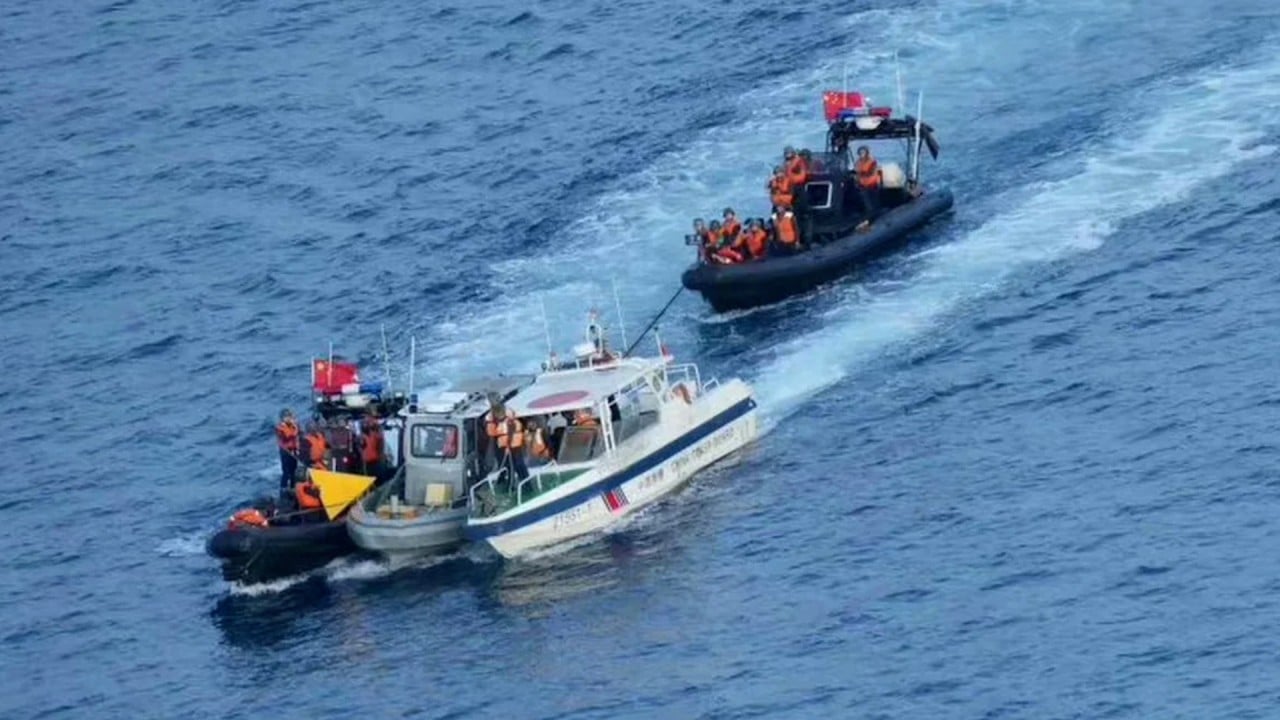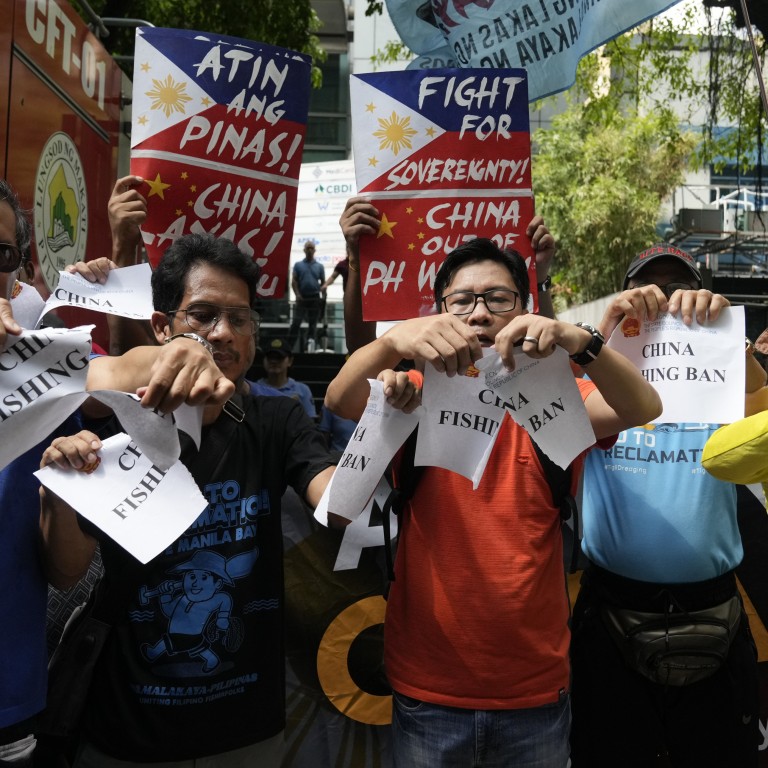
Cracks start to emerge in Philippines’ South China Sea stance
- The Philippines’ defence chief has rejected a plan to hold talks with Beijing after the two sides’ latest clash at Second Thomas Shoal
Analysts warn that Manila must demonstrate unity between its defence and political leadership in order to effectively counter Beijing’s assertiveness in the South China Sea.
Teodoro Jnr made his point during a Senate inquiry on Tuesday when Foreign Affairs Secretary Enrique Manalo gave an update on a mechanism for both countries to work out their differences on the West Philippine Sea, Manila’s name for those parts of the South China Sea that lie within its exclusive economic zone.
A Philippine working group recently met, in preparation for discussions under the Bilateral Consultation Mechanism with their Chinese counterparts next month, to find out whether both countries can agree on confidence-building measures “for a peaceful resolution through international law and diplomacy”, Manalo said.
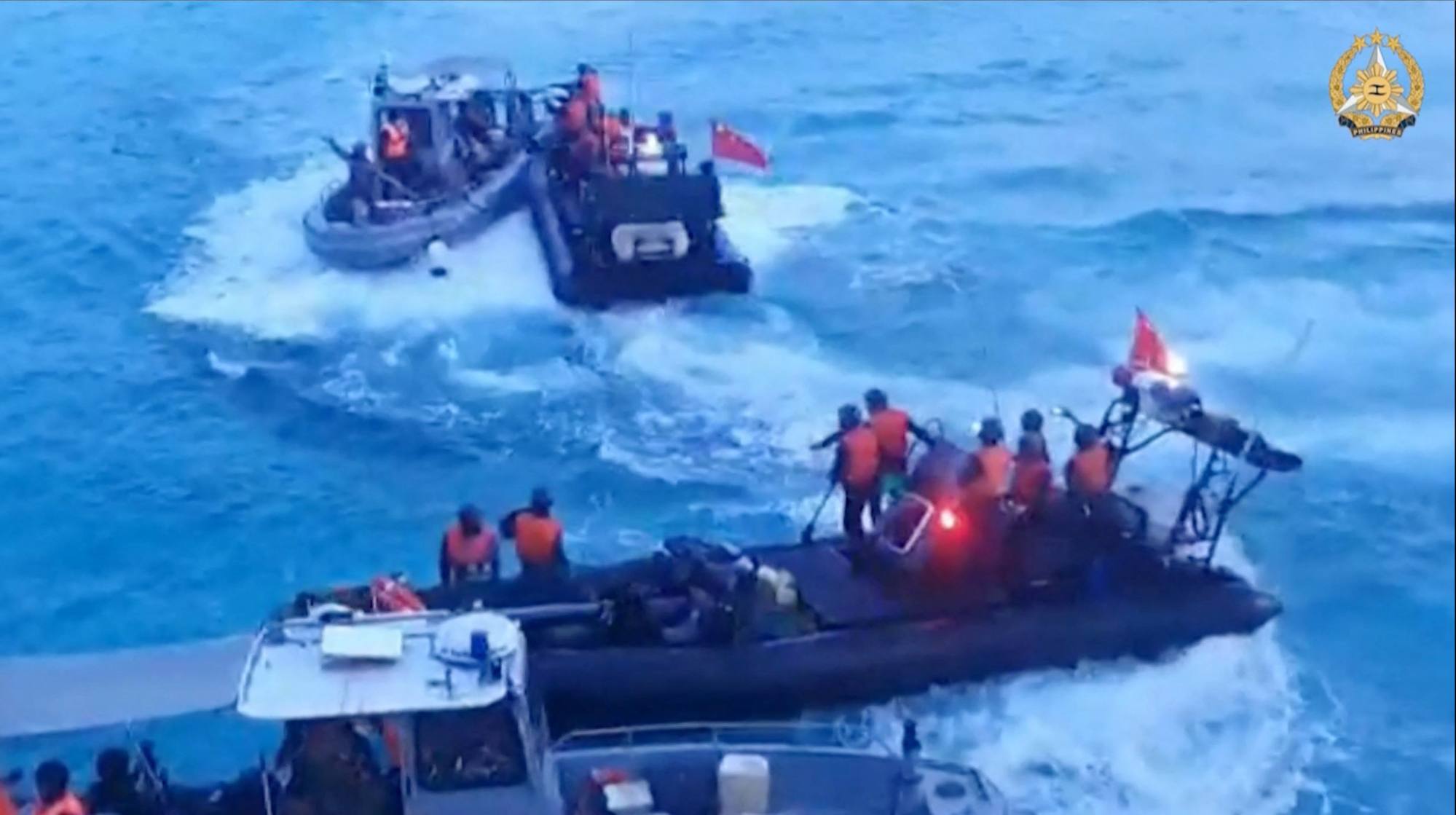
During the inquiry, Teodoro Jnr said he opposed the plan shared by Manalo as China typically used such talks to weaken Manila’s position.
“No … because they [China] have not displayed a level of trust and confidence that would make me confident enough to engage them on a fair and level-playing-field basis,” Teodoro Jnr said.
According to Teodoro Jnr, since he assumed his current role in June last year, the Philippine and Chinese militaries have yet to meet and discuss issues concerning the West Philippine Sea.
Teodoro Jnr also said an earlier statement by Executive Secretary Lucas Bersamin that the June 17 incident was a misunderstanding was a “preliminary assessment”.
Strong stance needed
“The Philippines has to take a strong stance,” defence analyst Jose Antonio Custodio, a fellow of the Consortium of Indo-Pacific Researchers, told This Week in Asia.
“After evaluating, they saw how aggressive the Chinese were. So they decided to push back,” he said of Teodoro Jnr’s comments.
Despite the defence chief’s dismissal of talks on the South China Sea row similar to US-China discussions, Custodio said Manila and Washington were “closely interacting”, and the US supply of F16 aircraft to the Philippines was going ahead as planned.
The Philippines and the US are bound by a 1951 Mutual Defence Treaty that obliges both sides to help each other in times of aggression by an external power. Washington has said the treaty’s scope extends to the South China Sea dispute.
Security analyst Joshua Espeña, a resident fellow and vice-president of the International Development and Security Cooperation think tank, told This Week in Asia that the Philippine defence department was likely readjusting the country’s strategy in a “face-saving” move by talking tough.
“At the political level, Marcos may have said his piece about peaceful settlement but did not necessarily back down on military presence in the West Philippine Sea,” Espeña said.
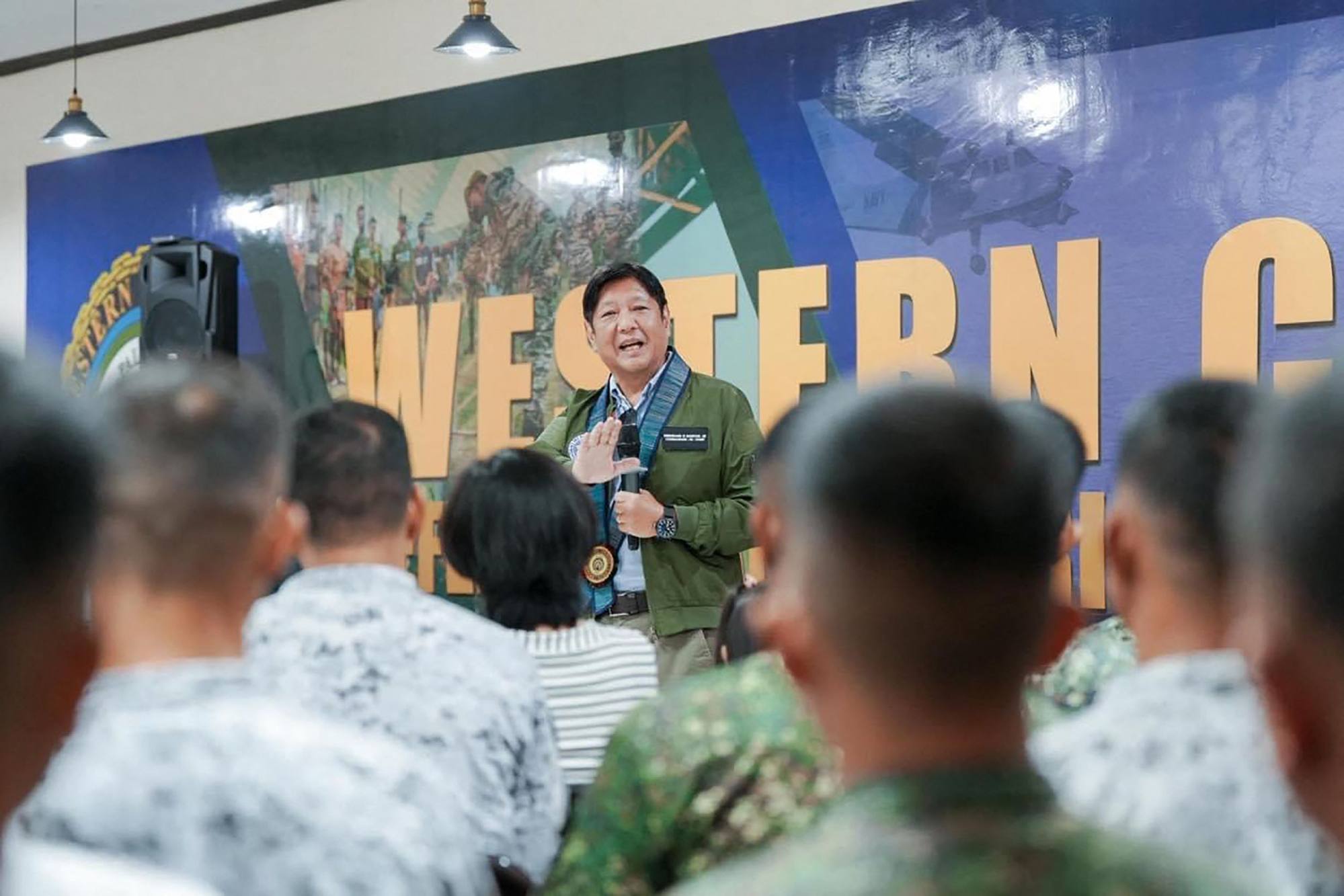
“However, the military is just a tool of the state, it may shape but not dictate foreign policy. Marcos is not out there now to talk bravado before the international community after the June 17 incident. So the Department of National Defence has been pitted in the middle,” he said.
“It is … responding to the government’s adjustment to recalibrate a new grand strategy based on the new operational environment.”
US confidence ‘decreasing’
The latest incident appeared to set the stage for further destabilisation by China that could lead to a serious conflict, according to Custodio.
“By pushing for what is internationally seen as illegal claims in the entire South China Sea, China is the one at fault here if something happens,” Custodio said.
The Philippines would have learnt from the lessons of the Scarborough Shoal crisis when it received US commitment towards defending Manila’s position in the South China Sea dispute, Espeña said.
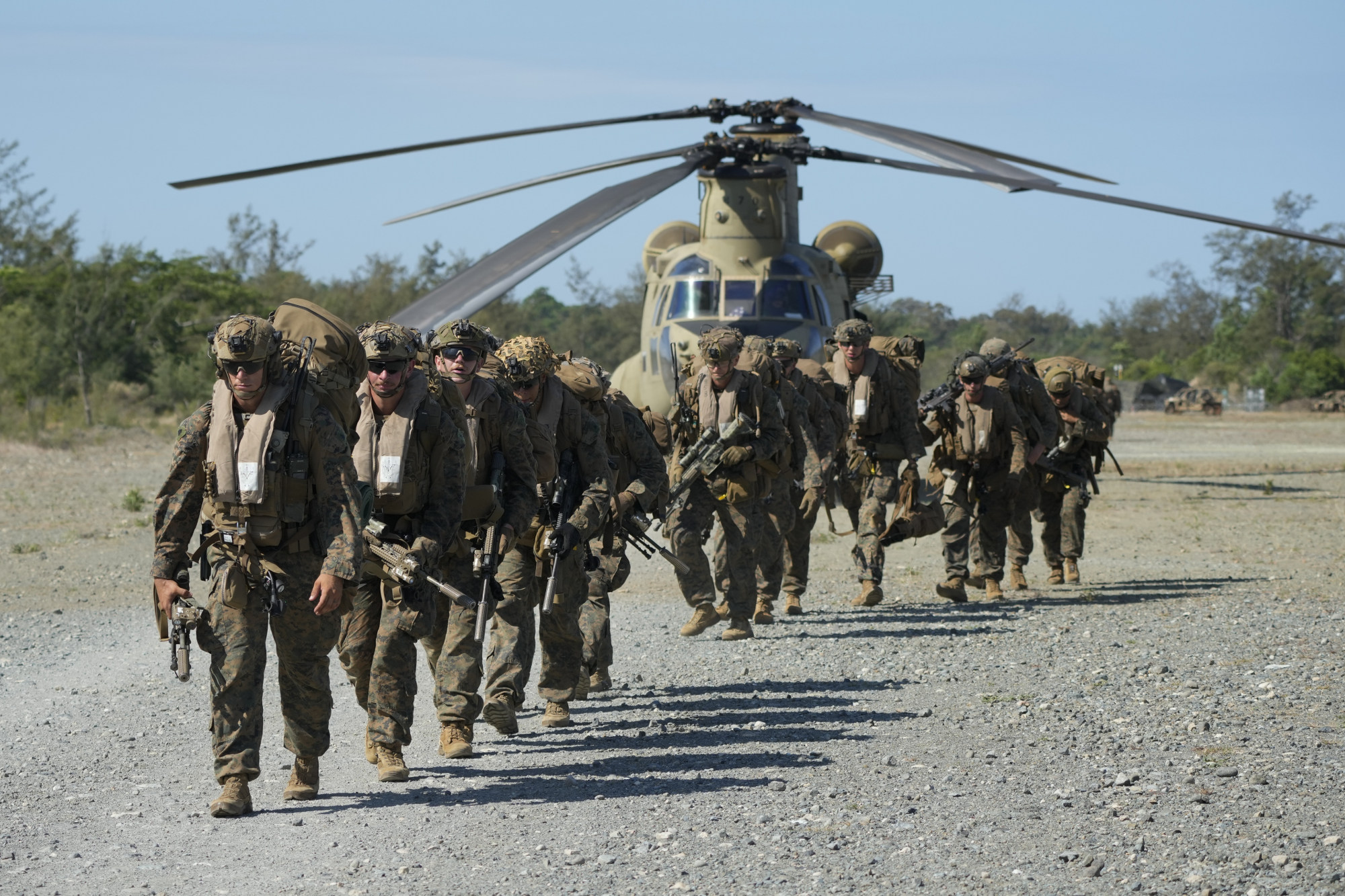
In 2012, China gained control of the shoal after a stand-off with the Philippines. Tense encounters between both sides over the shoal have erupted since then over their territorial claims and the rights of Philippine fishermen to enter the area.
As a result of US concerns about wars in Ukraine and the Middle East, Washington’s position on its defence treaty with the Philippines could be wavering, Espeña said.
“In this case, US confidence is decreasing but not necessarily lacking. If anything, this runs as an opportunity for Manila to get harder on diplomacy with the US on what it can and cannot commit [as] per [the treaty].”

